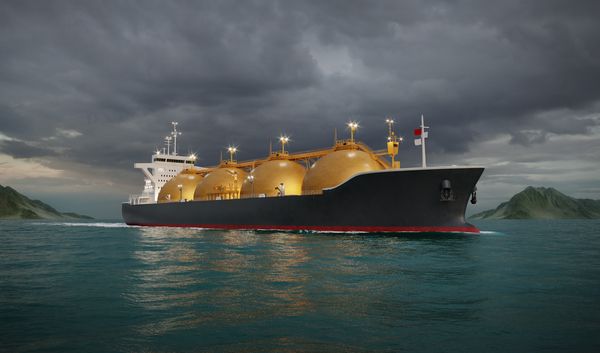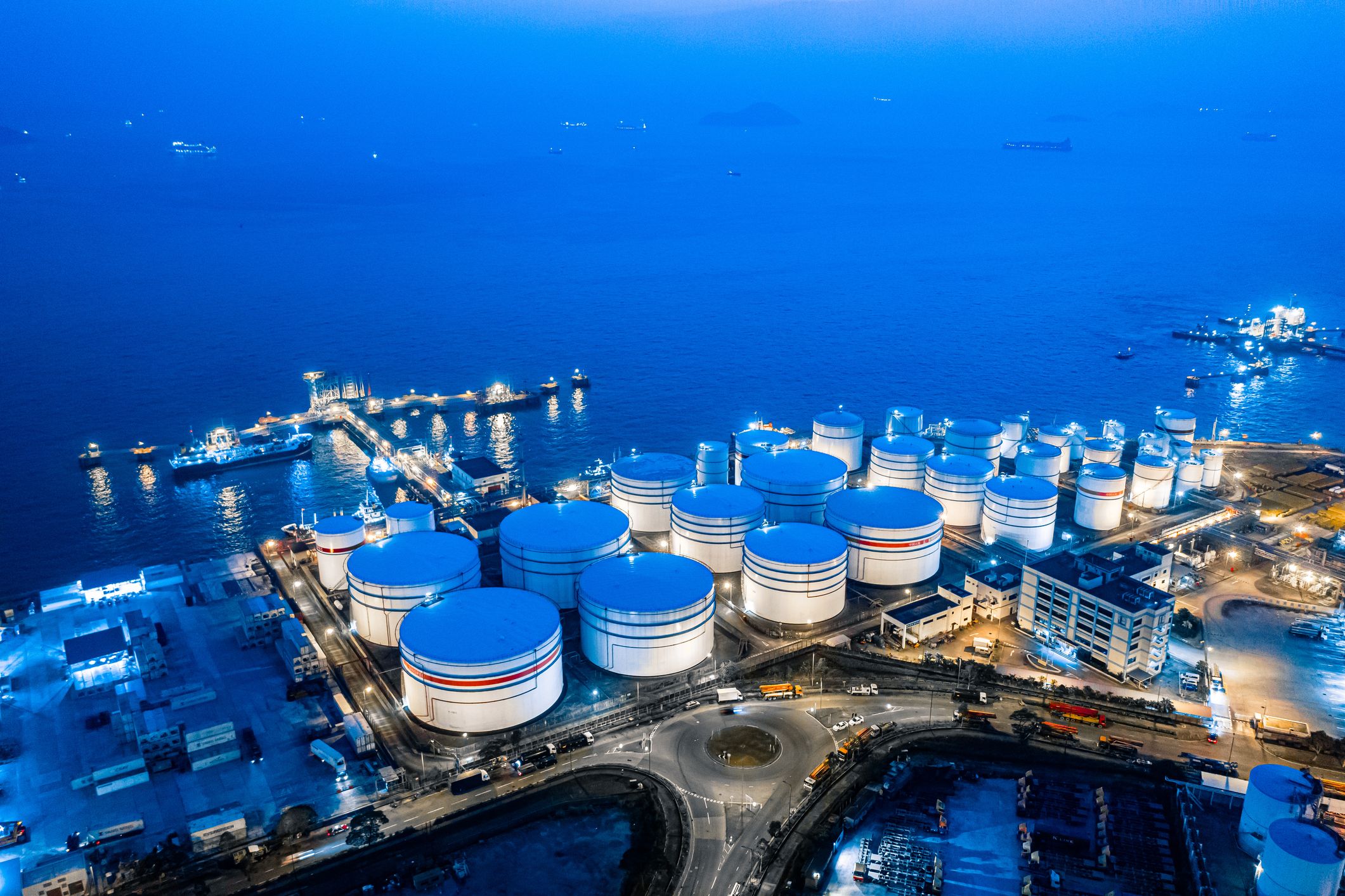Earlier this month, President Obama said the U.S. will probably become a net exporter of natural gas by the close of this decade, hinting that his administration will support additional liquefied natural gas export projects from the United States.
That prospect now looks more likely, as the administration on Friday cleared the way for the Freeport LNG project -- a $10 billion facility on Quintana Island, Texas and partly owned by ConocoPhillips (COP 1.00%), Dow Chemical (DOW +0.00%), and Osaka Gas -- to export gas to countries that don't have a free-trade agreement with the United States. That makes it only the second such project to receive the Department of Energy's stamp of approval.
The first was Cheniere Energy's (LNG 0.71%) Sabine Pass terminal in Louisiana, which was given the green light back in 2011. In total, the DOE has received more than two dozen applications for permits to export LNG to non-free-trade nations -- a group that includes China, India, Japan, and members of the European Union.
In deciding whether to approve additional projects, the DOE conceded that it would take into account "market developments" at the end of the year, most likely referring to a potential rise in U.S. gas prices as a result of more ventures being approved. The department said it will assess the remaining applications in the order they were received.
LNG opponents and advocates
With U.S. natural gas production still hovering near record highs, the Obama administration is reconsidering how the domestic glut of shale gas can provide the U.S. with greater energy security and diplomatic leverage. Freeport's approval suggests that the administration views natural gas exports as a net positive to the U.S. economy and may be likely to approve more projects in the months and years ahead.
But not everybody shares that view. Dow Chemical (DOW +0.00%) and Alcoa (AA +0.00%), both of which have energy-intensive operations and have benefited from cheap domestic gas, are two companies actively urging the Obama administration to reject further LNG exports, which, they argue, would lead to higher gas prices, eroding their new-found competitive advantage.
On the other hand, federal officials find it hard to justify rejecting LNG exports, on the grounds that it would send a contradicting message to other nations about U.S. support for free trade, according to the Financial Times.
U.S. natural gas producers, many of which have languished over the past few years because of depressed gas prices, are also pushing for more LNG export projects to be approved because it would provide them with new and lucrative foreign outlets for their product. For instance, exporting gas to Japan -- where the fuel costs four times as much as it does in the U.S. -- stands out as one of the most profitable opportunities for U.S. companies.
Other major U.S. corporations have also voiced their support for LNG exports. For instance, General Electric (GE +0.39%) Vice Chairman John Rice has said that, though the company would benefit from cheap domestic natural gas, it backs gas exports because "in the long run we think it's in our interest and every other competitive company on a global scale to have a level playing field."
What do you think? Are natural gas export projects in the nation's best interest? Or should we keep our abundant gas resources to ourselves?








